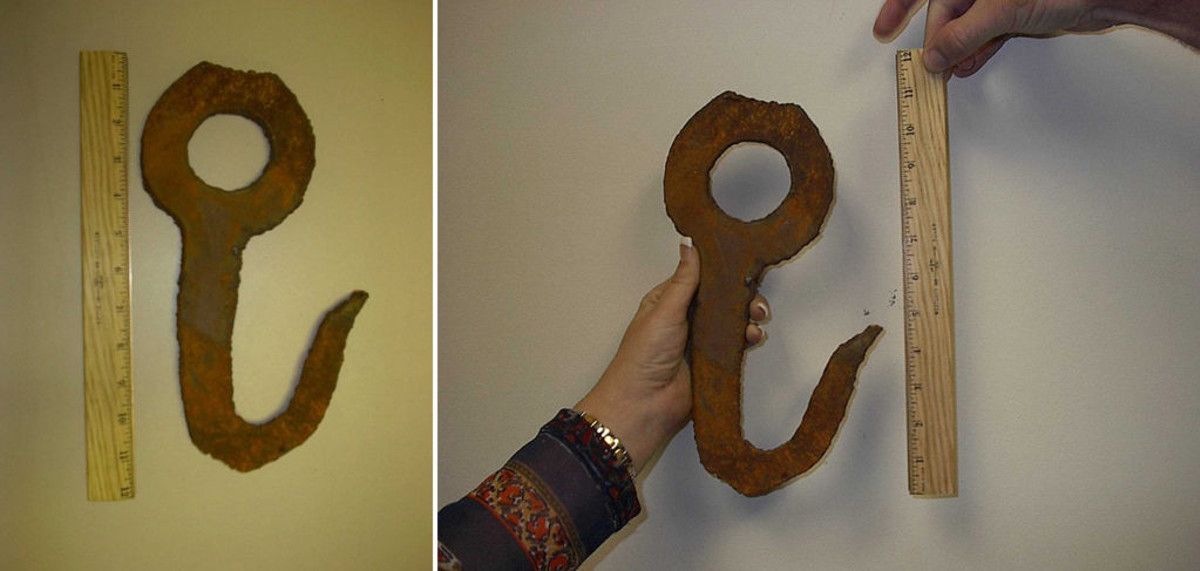Dropped object risk
- Safety Flash
- Published on 2 October 2001
- Generated on 24 February 2026
- IMCA SF 12/01
- 1 minute read
Jump to:
A Member has reported finding the ‘job-made’ lifting hook shown below, rough cut from half inch steel plate, during a routine safety check at a vendor’s shipyard.
What happened?
The lifting hook was lying near a pad eye on a lifting frame for a piece of equipment about the size of an office desk and estimated to weigh 500-750kg. The company concerned confiscated the hook and intend using it for safety training of new staff, as an example of unsafe practice.

The lessons learned by the company concerned were:
- Use only certified lifting gear in good condition.
- Routine inspections of all lifting gear, such as wire rope slings, nylon slings, shackles, hooks, etc. for good condition and proper certification is a necessary practice.
- All lifting frames for equipment should be fitted with properly certified and suitably rated lifting gear when put in service by the rigging supervisor.
IMCA Safety Flashes summarise key safety matters and incidents, allowing lessons to be more easily learnt for the benefit of the entire offshore industry.
The effectiveness of the IMCA Safety Flash system depends on the industry sharing information and so avoiding repeat incidents. Incidents are classified according to IOGP's Life Saving Rules.
All information is anonymised or sanitised, as appropriate, and warnings for graphic content included where possible.
IMCA makes every effort to ensure both the accuracy and reliability of the information shared, but is not be liable for any guidance and/or recommendation and/or statement herein contained.
The information contained in this document does not fulfil or replace any individual's or Member's legal, regulatory or other duties or obligations in respect of their operations. Individuals and Members remain solely responsible for the safe, lawful and proper conduct of their operations.
Share your safety incidents with IMCA online. Sign-up to receive Safety Flashes straight to your email.